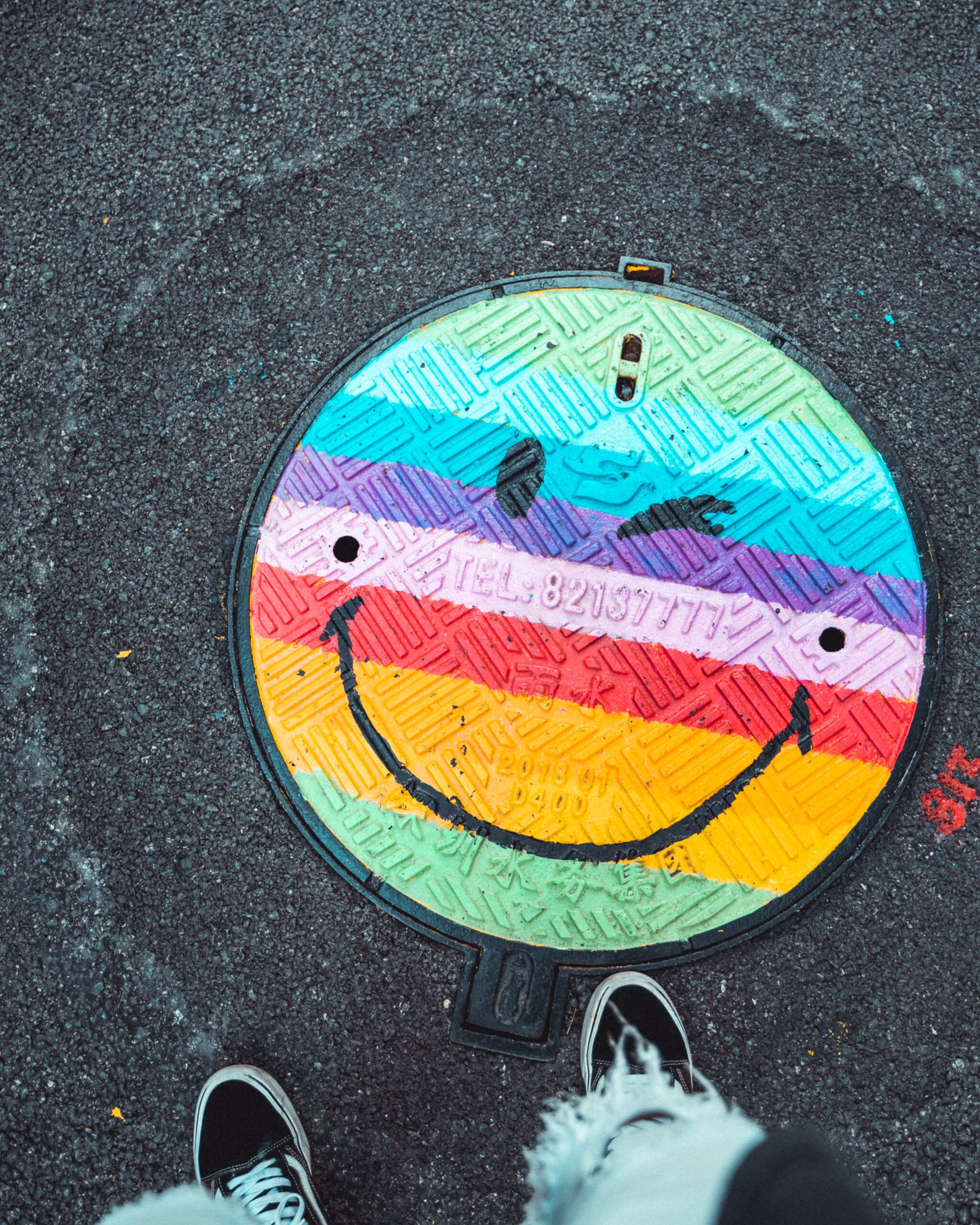Imagine standing in your living room, staring out the window, hoping for a little rain to break the sweltering heat. On the other side of the world, someone else is wishing for the sun to peek through the clouds. Isn’t it fascinating how we often yearn for what we don’t have?
Some things in life we just can’t change. Try as I might, I can’t change my past mistakes, getting older, my daughter’s growing independence, or the weather. Just the other day, I found myself wishing it was cooler outside so I could take a walk. I then joined a call with my coaching group, all of whom live in the UK. From each of their locations, it was raining, and they were wishing that it would stop so that the sun could come out.
There’s always something looming just outside of our control that we wish were different. When we attempt to change forces outside our control and feel emotionally yanked around by ‘what is,’ it becomes a cycle of control that leads to more stress and frustration. The ability to accept a situation for what it is, rather than wasting our precious energy on trying to change it, gives us a sense of freedom as we release negative emotional energy and get on with feeling good.
By accepting what we cannot change, we free ourselves from unnecessary stress and open up to new possibilities for joy and growth.
What Acceptance Is and Isn’t
Acceptance isn’t a sense of resignation or defeat. It doesn’t mean you like the situation; it simply means you are choosing to no longer resist it. It means you are willing to stop carrying emotional baggage that doesn’t belong to you.
This is a valuable skill that will allow you to bounce back more quickly from difficulties. It’s a skill that allows you to acknowledge what feels undesirable (the “too” hot day, the seemingly endless rain) and relate to that situation in a way that takes the sting out of the disappointment.
Think of a situation you’ve been recently trying to control and are struggling to accept.
Radical Acceptance
It’s a massive spiritual power to notice what is within your control and what is not. Recognizing the futility in resisting what we can’t change brings us to a powerful practice known as radical acceptance. This involves fully accepting a situation as it is, without trying to deny it, fight it, or change it. By releasing our impulse to control, we begin to let go of our resistance and judgment.
Radical acceptance acknowledges that the present moment is a result of a long chain of events, so we accept it as it is instead of labeling situations as ‘good’ or ‘bad.’ Using a mantra or phrases like ‘It is what it is,’ ‘This moment is what it’s meant to be,’ or ‘I accept my feelings and allow myself to feel them’ can ground you in what it might feel like to be accepting.
For instance, I recall a time when what I thought was going to be a fun dinner outing with my family unexpectedly spiraled into frustration. As we were in the car about to arrive at the restaurant, my daughter suddenly became adamantly against it. As we pulled off to the side of the road to discuss this, it became apparent that she simply didn’t want to eat out. Our “fun” plans were in disarray, and instead of getting lost in disappointment, I practiced radical acceptance, reminding myself that ‘it is what it is’ and allowing myself to sit with the frustration for a moment, take a few deep breaths, and then move forward with a new plan. This shift not only calmed me but also opened my mind to a solution I hadn’t considered before. We ended up driving our daughter home, got her set up for a few hours on her own (she was a teen and old enough to be home alone), and my husband and I ended up back at the restaurant enjoying a dinner date with just the two of us.
To practice radical acceptance, go back to the situation you found challenging earlier.
- Take a deep breath and repeat a mantra such as ‘This moment is what it’s meant to be.’
- Notice how this shift in perspective affects your emotions.
How might practicing radical acceptance change your approach to the situation you’re struggling to accept?
Finding Joy Along the Way
Adjusting to my daughter’s growing independence requires an ongoing practice of acceptance and letting go of old, past versions of her. As any parent knows, holding onto various stages is futile and painful. It goes against the natural flow and the inevitability that people change, and children develop. It’s the deep acknowledgment and acceptance that if my daughter wasn’t moving toward a more independent state, she would stay in a stage of arrested development, which isn’t what I’d want for her anyway.
And while I’m working on continually accepting and navigating her evolving autonomy, she’s off on a vacation with friends, so I’ve had a few solo days to myself. Wanting to mindfully fill the white space in my calendar, I remembered the Pleasant Events Schedule (PES).
The PES is a tool created by a clinical psychologist designed to help individuals identify and engage in activities that bring them joy and satisfaction. Becoming more mindful of the activities that bring you joy can help ensure you make time for them.
For some inspiration, review the list and make a joy list filled with activities you find pleasant or might enjoy trying. Begin to integrate these activities into your daily or weekly routine. Start with a few small, manageable activities and gradually increase the frequency and variety.
Without awareness, we might spend a big part of our lives resisting what is and trying to control situations and people that are beyond our control. Unfortunately, that would only leave us feeling unhappy, stressed, and unfulfilled.
In the end, while we can’t control every aspect of our lives, we can choose how we respond. Embracing radical acceptance not only reduces stress but also opens the door to unexpected joy. So next time you find yourself wishing for a different reality, take a deep breath, and remember: joy is always within reach, waiting to be noticed and cultivated amidst the messiness of life.







